
Meet The Caseworkers: Episode 1, Meena Devi
In this episode, meet Meena from Sahajani Shiksha Kendra in Lalitpur, who has worked with cases of violence for over three decades.
Home » Gender based violence » Page 3

In this episode, meet Meena from Sahajani Shiksha Kendra in Lalitpur, who has worked with cases of violence for over three decades.
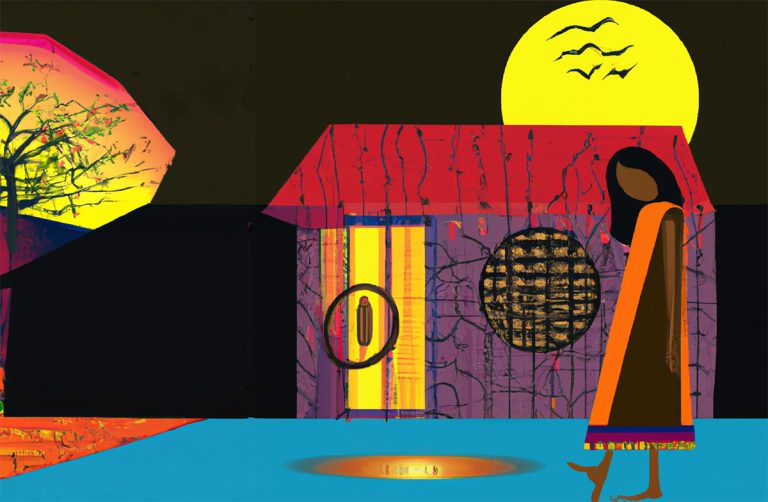
The easiest thing to tell a woman in a violent marriage is to just leave. But is leaving always that simple? From financial vulnerabilities to hopes, desires, dreams, fears and responsibilities, all collide in the decision to not leave and stay.
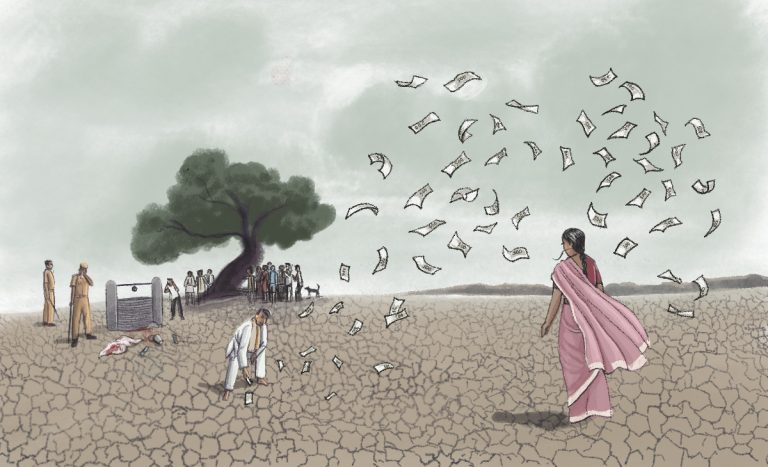
News around us tells us that the brokering of deals over the untimely deaths of women is not rare. It is as common as the crime itself. The nature of such monetary saudas exposes the reality of our most personal relationships – as being hollow, fragile and dispensable.
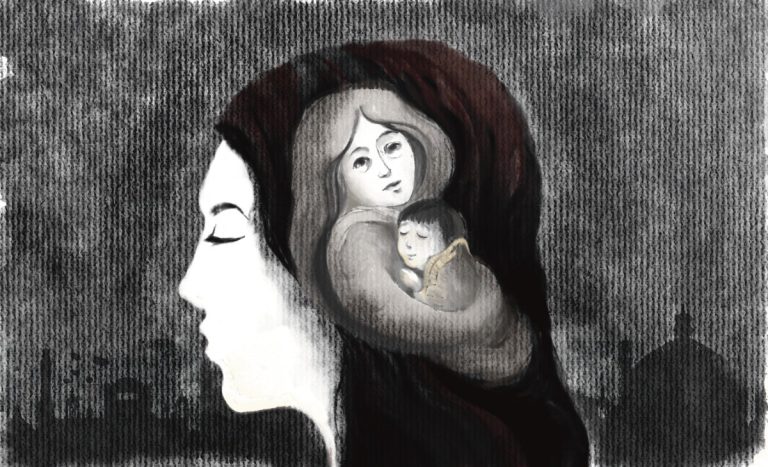
A caseworker, through her work on gender-based violence, becomes privy to how women’s lives are shrouded by the big and small compromises they have to make in their everyday lives. But what happens when the caseworker confronts these samjhutas in her personal life?
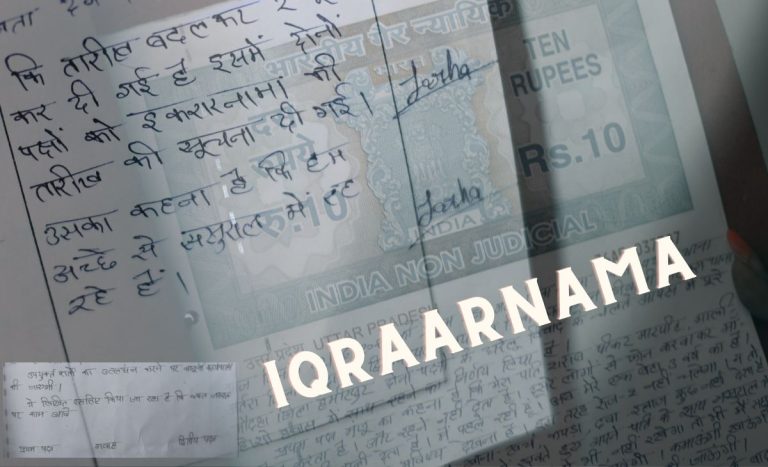
When The Third Eye organised a discussion with three caseworkers from Banda in Uttar Pradesh, we began the conversation with one detail. We had noticed that the caseworkers used the word iqraarnama a lot. The meaning of the Urdu term iqraar is to declare or acknowledge something. The caseworkers use this idea as a tool while negotiating for women in cases of gender-based violence.
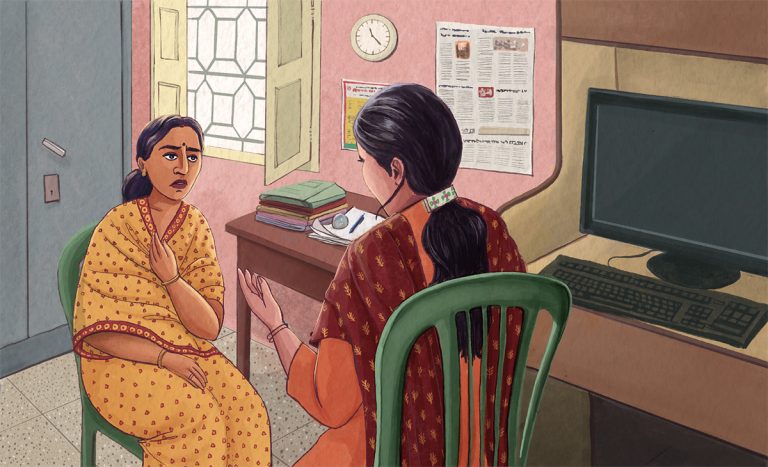
What does it mean to counsel a woman while centring her needs? At the time of taking a decision, a woman finds herself caught in a complex web of social expectations that she progressively frees herself from. Many questions stand in the way of making a decision: Where will I live after separating from my in-laws? What will I do?
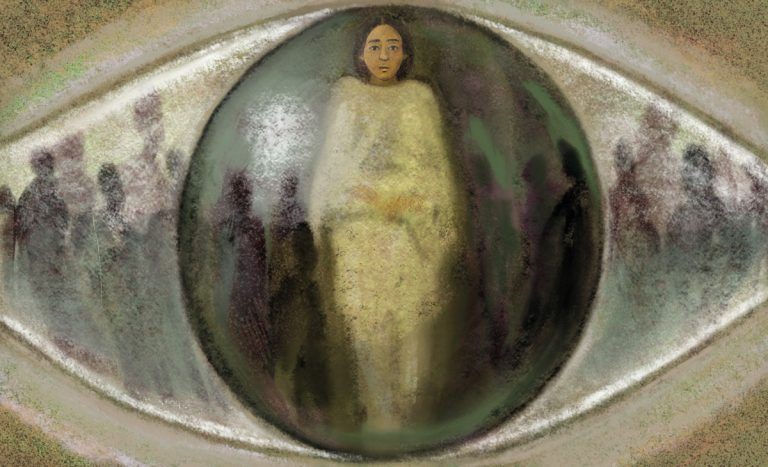
When people talk about striking a deal, what I remember are the innumerable deaths of women. This is because when a woman is alive, society brokers a deal over her dowry and when she is dead, the deal is over her body.
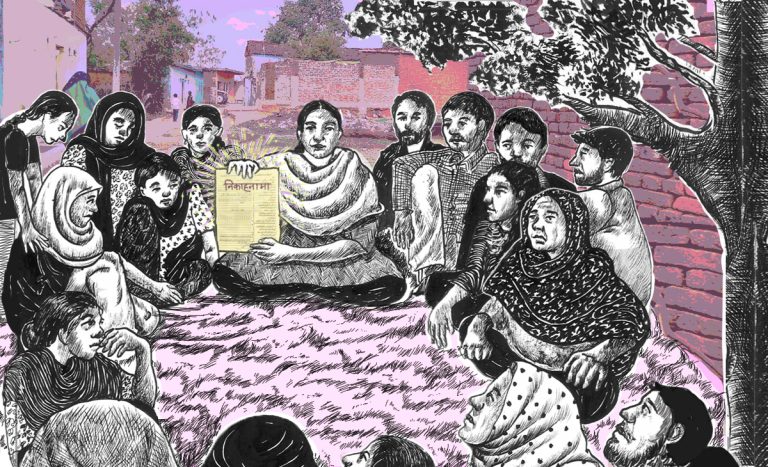
Marriage is a contract, as much as it is a ceremony. Drawing from her own life and marriage, a case worker writes about the nikahnama as a contract, the terms of which are seldom explained to women by maulvis.
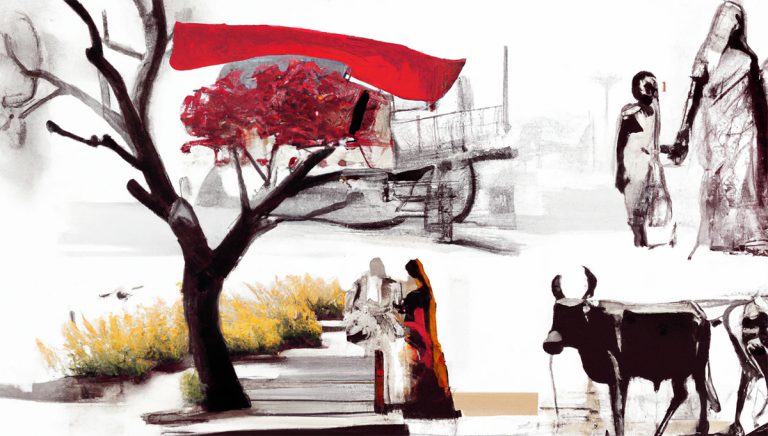
The easiest thing to tell a woman in a violent marriage is to just leave. But is leaving always that simple? From financial vulnerabilities to a loss of kinships, to a turbulent clash of hope and fear, to a complex interplay of love and desire, the decision to not leave and stay in a violent marriage is not simple.
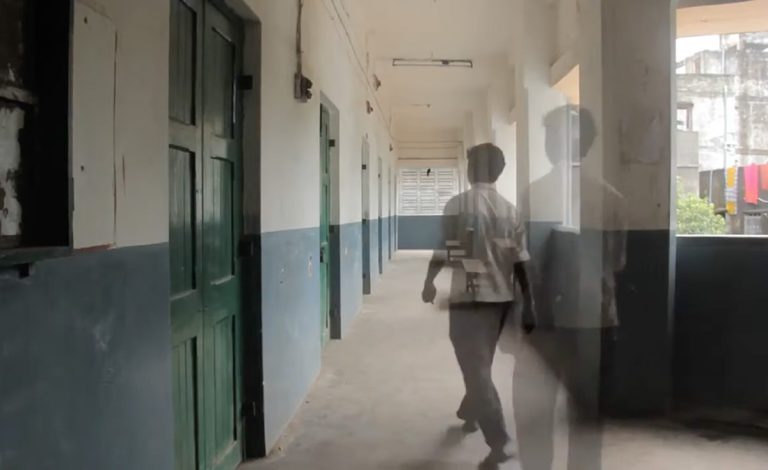
In 2013, Nirantar produced a short documentary on the non-binary experience in schools. Featuring Nrrups, Sunil and Rajarshi, the film travels from Kolkata to Bengaluru to Thane to meet people for whom school was the brutal part of their childhood.